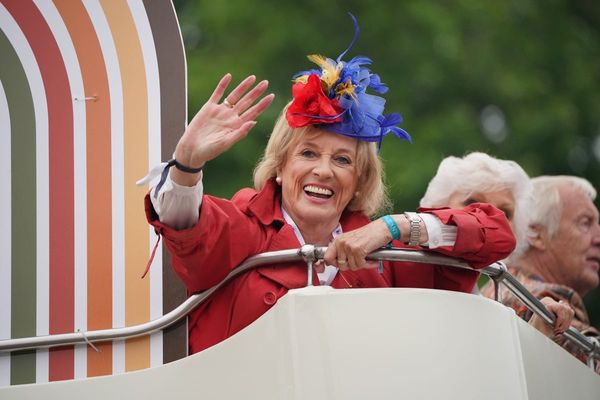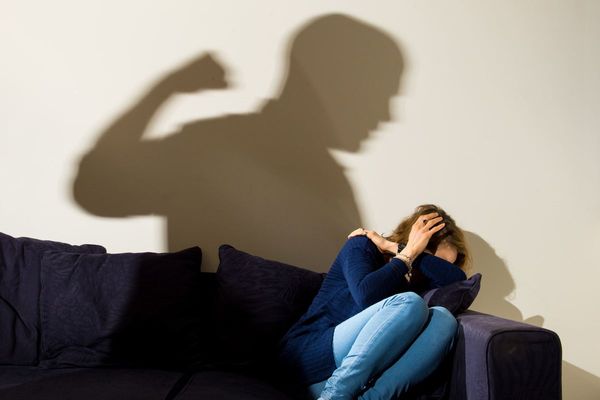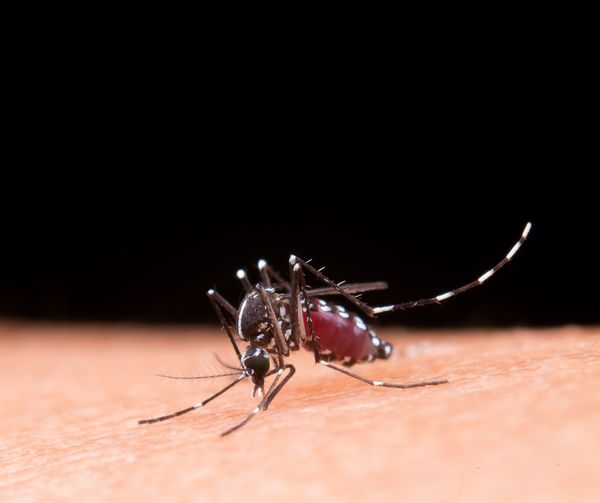
Since he was a child growing up beside the banks of the Blue Nile in Khartoum, Salah Elmur has been fascinated by water and electricity. “I don’t only mean the water that comes from taps at home, I mean water in the seas and rivers where beautiful women swim, I mean the rain, I mean fishing by fishermen, I mean water in dams and all the water in this planet …
“I even mean the towers of the water and their beauty and their different shapes standing in the middle of the cities here in Sudan, and the lines of the electricity and their stations,” says the 56-year-old artist, whose work based around these two elements forms the core of a joint exhibition that opened in London this month.
“I even remember the kind, gentle and friendly man who used to collect the bills, I remember him wearing a nice uniform, carrying green coloured bills and they looked like boarding passes of planes,” he adds. “I named my exhibition after the man who used to come and collect the bills for water and electricity.”

Central Electricity and Water Administration is the artist’s third solo exhibition in the UK.
Elmur says his work is heavily influenced by the sights and sounds of life in Sudan, even though he’s now based in Egypt. “Sudan, with its rich diversity, culturally and ethnically, is the main form of inspiration. I go out of the country for a few months but I have to come back to Khartoum every now and then just to recharge myself and to fill my imagination and my vision.”
His surrealistic style of painting, which imitates formal portraits, is inspired by photos he found rummaging around in his father’s photography studio.
Elmur has had huge success in Africa – where his blend of Nubian and African traditions have attracted admirers – and in the Middle East, Europe and the US. As well as paintings, he has also directed six short documentaries and fantasy films, which have been shown at international festivals, and published a number of children’s books.
But his artistic career had a rocky start. After graduating from Sudan University of Science and Technology in 1989 with a degree in graphic design, Elmur worked as a designer at Sudanow magazine. His time there coincided with a military-backed coup that brought Omar al-Bashir to power and it wasn’t long before his work made him enemies. “I fled to Kenya when they [security forces] arrested me for drawing a cartoon for the magazine depicting the coup,” he says.
He lived in Nairobi for four years before moving to Egypt. The father of five now divides his time between Cairo and the Sudanese capital, which is developing its arts scene. Six galleries have opened in Khartoum since January.

But Elmur keeps a close eye on Sudanese politics. His series of paintings inspired by the deaths of people peacefully protesting about the rule of former president Bashir were displayed in London, Paris and Cairo in 2021.
Elmur says he is optimistic about Sudan’s future, despite the brutal interruption of the country’s transition towards democracy after an uprising that ousted Bashir four years ago. More than 100 protesters have been killed by security forces since a military coup in October 2021, with thousands arrested. A deal to return the country to civilian rule has been met with scepticism by pro-democracy activists.
He believes the upheaval is good for the country, “simply because this will differentiate between the good and bad”.
“I think all masks have been uncovered and people now know who is with them and who is against,” he says. “This is hard, but many countries had to go through what we are going through now, and they built their societies in the end.”
Central Electricity and Water Administration is at Gallery 1957 until 10 May 2023, and at Vigo Gallery until 8 April 2023. Both galleries are in London.







